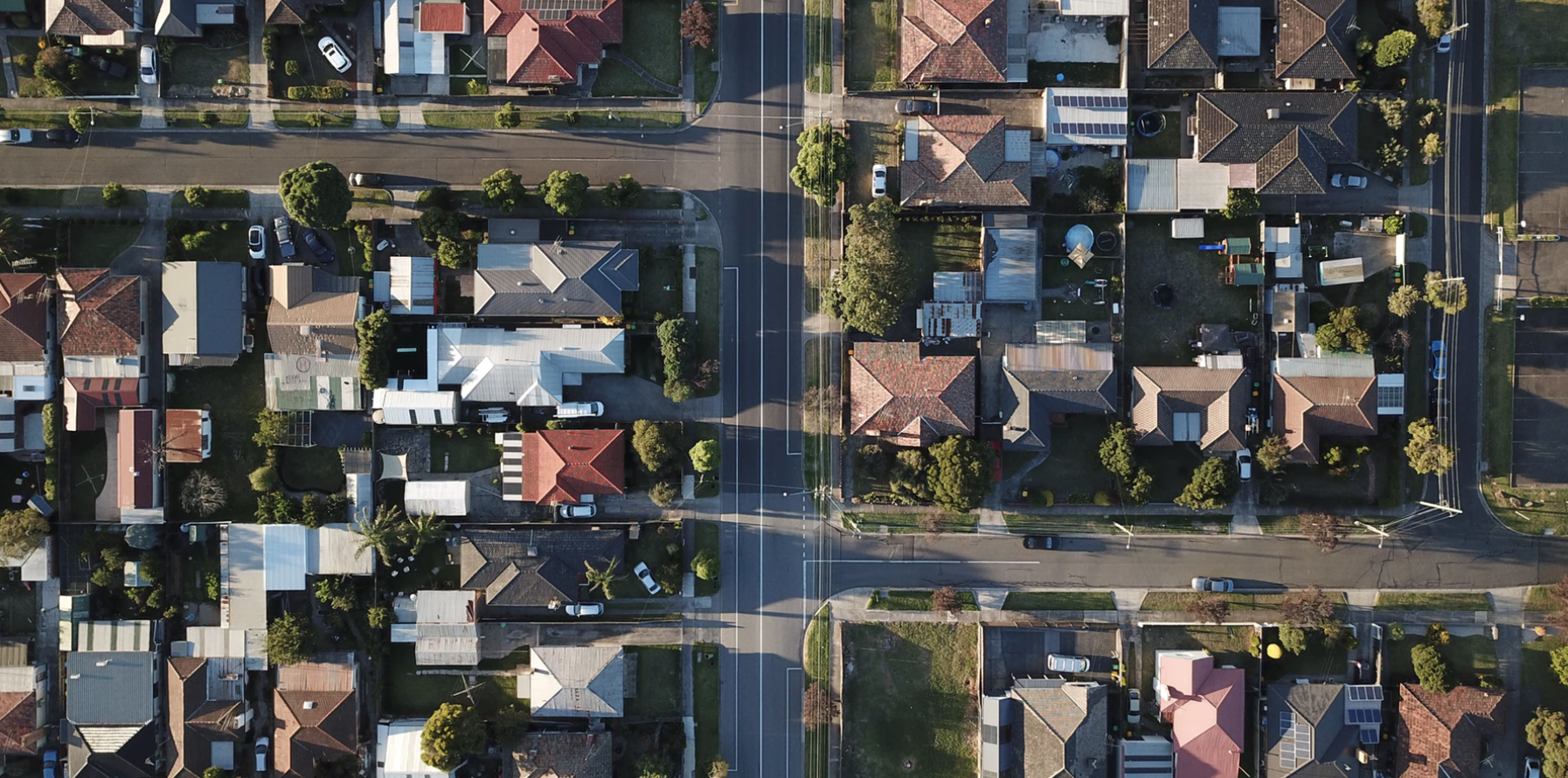By Sampada Nandyala
Not sleeping well or enough is associated with many health problems, including cancer, heart disease, negative moods, and reduced focus and productivity. In the past few years, research has emerged linking perceived discrimination and experiences of racism with lack of sleep.
According to the National Sleep Foundation, African Americans in the U.S. sleep around an hour less than Caucasians, and spend only 15% of their night in the deepest phase of sleep. Any disturbances during this period (called slow wave sleep) may increase risk for diabetes and other chronic illnesses.
Neighborhood characteristics have been long associated with sleep. A 2018 pilot study found that receiving negative attention from the media because of stigma was associated with lower duration and quality of sleep among residents of the neighborhood.
Fuller-Rowell and colleagues identified that previous research observed the combined effects of race and neighborhood on sleep, but did not study the specific mechanisms and social drivers that allow for differences in sleep quality associated with race and living conditions. They measured the degree to which neighborhood disadvantages might account for different sleep experiences between different communities. A neighborhood’s disadvantage was based on how many residents fell under the federal poverty line, participated in a public assistance program, and had a highest education of high school or below.
They found that neighborhood disadvantage was indeed related to and accounted for race differences in sleep.
They found that neighborhood disadvantage was indeed related to and accounted for race differences in sleep. African American study participants generally lived in neighborhoods of lower socioeconomic status, and reported having less sleep overall. They also reported more instances of waking after sleep onset, a measure of interrupted sleep. After controlling for neighborhood disadvantage, researchers found that sleep differences between African American and Caucasian participants were lowered by 24%. The researchers found that health behaviors such as smoking, depressive symptoms, and obesity also accounted for some of the sleep differences by race.
The study’s findings affirm existing literature on the influences of neighborhood on health, as well as the racial differences in sleep experience. In order to mitigate racial health disparities in sleep quality and its consequences, public health interventions need to focus on improving neighborhood environments.
This article was originally published on Public Health Post.


